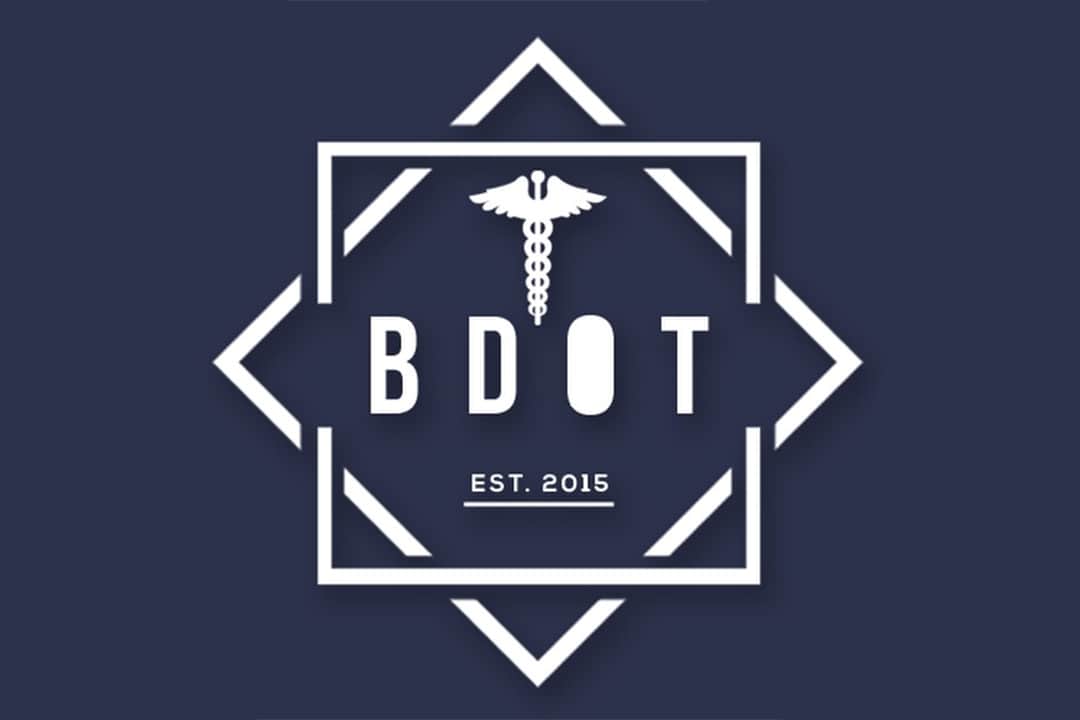As the treasurer for the club Black Doctors of Tomorrow (BDOT) at U of T, which supports Black students who aspire to work in healthcare, I have traversed the tribulating road of seeking funding. As a club starting anew after a COVID-19-induced years-long hiatus, we have been confronted with the unfortunate reality that, in the face of a wave of Equity, Diversity, and Inclusion (EDI) initiatives, there is still a lack of sufficient financial support for new student organizations that support marginalized communities.
Black people in STEM?
Black students remain underrepresented in STEM, and life sciences at U of T is no exception. I believe that many Black students within life sciences programs at U of T would agree that in lectures, tutorials, labs, and other academic environments, they are often the only Black person in the room or are one of few. This disparity in representation extends beyond the undergraduate level and further reveals itself in graduate and professional programs and the industry at large.
BDOT is the only Black premedical organization at U of T. We work to create a community among Black life sciences undergraduates and support them in their pursuit of careers in healthcare to help address the underrepresentation that afflicts our community.
Unfortunately, this pursuit suffers when funding is scarce.
Securing funding
I’ve seen that certain clubs have advantages over others in acquiring funding. Some student groups and organizations that represent course unions or departments receive departmental funding each year, which provides a cushion for the clubs’ preliminary operations before they receive other funding.
While any UTSU-recognized club can apply for UTSU funding, the UTSU states that “Desirable Applications” are ones from clubs which generate revenue, have a good history of financial management with the UTSU, and have a large membership compared to other funding applicants.
This poses a unique barrier for clubs that support marginalized groups on campus, as we naturally have a smaller membership and are not revenue-generating in an effort to remain equitable. Furthermore, the UTSU Clubs & Student Groups Handbook expands that clubs can only receive a maximum of $6,000 from the union, and if you are eligible to receive the maximum amount, UTSU funding can only represent 30 per cent of your expenses. Essentially, the more money you need, the more you are expected to already have.
Obtaining grants presents another issue. Although U of T offers many grants available to student organizations, receiving this funding is not guaranteed, and committees receive many more applications than they can support.
Other funding sources such as the Student Initiative Fund are reimbursement-based, or may offer a fraction of requested funds ahead of time and reimburse students for the rest after hosting an event. This requires club executive members to contribute hundreds or potentially thousands of dollars of their own personal finances to support the club’s operations before reimbursement.
The University of Toronto and EDI
In acknowledgement of EDI, U of T states on its website, “From creating pathways for under-represented students to offering anti-racism and bias training for the U of T community, advancing EDI as a shared responsibility is an ongoing process.”
A large component of creating pathways for underrepresented students is providing funding for organizations that aim to facilitate creating these pathways. BDOT is fortunate to be supported by the Community of Support (COS), which is a Temerty Faculty of Medicine program. Its website states that the program “exists as a collaborative initiative with the goal of increasing the number of students that are [marginalized], economically disadvantaged, non-traditional… or who self-identify with having a disability in Temerty Medicine’s academic programs.”As a COS chapter, we receive $500 annually.
Interestingly, in 2020, U of T received a donation of $250 million — the largest gift in Canadian history — to support “discovery, collaboration, innovation, equity and student well-being across the University of Toronto’s Faculty of Medicine.” In light of this, it is challenging for me to grasp that clubs such as BDOT, which are aimed at enhancing EDI and representation, are given such a small sum of money to support our annual operations.
In reality, money cements EDI
There is no EDI without financial provision. While U of T and the Temerty Faculty of Medicine have made strides in their commitment to EDI — especially through COS — it is important to acknowledge the gaps that remain.
Undergraduate clubs are an essential component of student life, especially for students from marginalized communities. Forming a community with others on the same journey as you and participating in events which connect you with the resources and knowledge required for your success are essential components of actualizing EDI incentives.
Clubs supporting members of marginalized groups in navigating fields where they are insufficiently represented should be offered a financial cushion that enables us to run quality programming to support our members, and create pathways for student entry into higher-level programs and industry.
Ezinne Arki is a third-year student at Trinity College studying pharmacology and global health. She is the treasurer for Black Doctors of Tomorrow.



No comments to display.